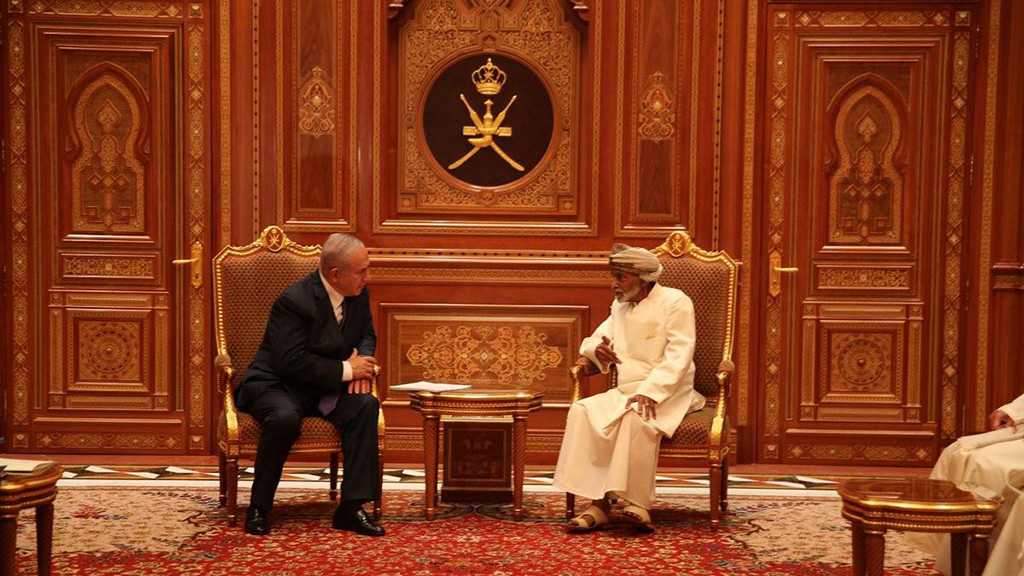
Oman Is «Israel’s» Link to the Middle East

Ronen Bergman
In the fall of 1979, two “Israelis” carrying foreign passports arrived on a flight to Muscat, the capital of Oman. One of them was Reuven Merhav, a senior Mossad official dealing with matters concerning the Middle East, who will later become the director general of the Ministry of Foreign Affairs. The other was a member of the “IDF's” General Staff, Maj. Gen. Menachem (Mendy) Maron. After landing, the two were transferred to a luxurious villa in Muscat and from there flown on a royal jet to meet with Sultan Qaboos at an encampment outside the capital. They were amused by the fact the bathroom on the plane, including the toilet itself, was made of gold.
The discussions lasted into the night, following which the guests went on a covert visit to a tiny Omani enclave called Ras Musandam, which is at the edge of the Musandam Peninsula, which essentially controls the Strait of Hormuz—the global oil gateway.
"The importance of that meeting was in its very existence," Merhav recounted on Saturday. "These are direct ties, though covert, with an important Arab country at a highly important strategic location."
This meeting was one of many held since the early 1970s between senior “Israeli” officials and officials in Oman. The ties with Oman opened the door to important covert ties with other countries in the gulf, primarily the United Arab Emirates and Qatar.
The public visit and the royal reception Prime Minister Netanyahu received over the weekend is the result of four months' work, led by the Mossad. It's safe to assume Mossad Director Yossi Cohen visited Muscat to finalize the details of that visit.
Some of the “Israeli” officials involved in the covert ties with Oman could not help but wonder why is the sultan suddenly willing to have such a public and broadly covered visit now? The answer to that will not be found in Jerusalem [al-Quds]. Qaboos wants to show a different side of his country to the West: a more liberal and tolerant side. Netanyahu's visit was scheduled before the Khashoggi assassination, but that terrible event definitely served the sultan's needs in showing the world that Oman is different.
“Israel's” possible gain from this visit is threefold: Primarily, Oman can serve as a channel to many countries—including Iran, Qatar and Syria—and is seen by all as an honest broker. Through Oman, “Israel” could establish covert ties with any player in the region. This, of course, is conditional upon the agreement of that player, but under Qaboos' sponsorship, things are a lot simpler. A senior “Israeli” official even said that he doesn't "rule out the use of Oman to open a secret channel with Iran and Syria."
Secondly, the hope is that other countries would take courage from this visit and also expose their own covert ties with “Israel”.
Finally, for Netanyahu, exposing the ties with Oman is another layer in his Middle Eastern strategy, which includes creating covert alliances—and public ones whenever possible—with moderate Sunni nations and movements, in an effort to prevent Iran's spread throughout the region, as well as undermine Tehran's regional power, all the while proving that “Israel” can normalize its ties with Arab nations even without solving the Palestinian issue.
There is no doubt Netanyahu's public trip to Muscat is an important diplomatic achievement, but it's doubtful it could lead to normalization with many other Arab countries. It would be far more convenient and safe for the rulers of most of these countries to have close ties with “Israel”, but quietly, for fear of enraging their citizenry.
Source: Ynet, Edited by website team
Comments



